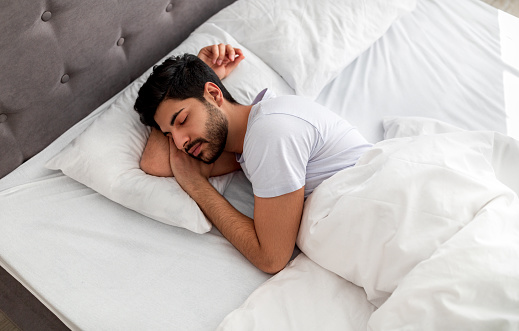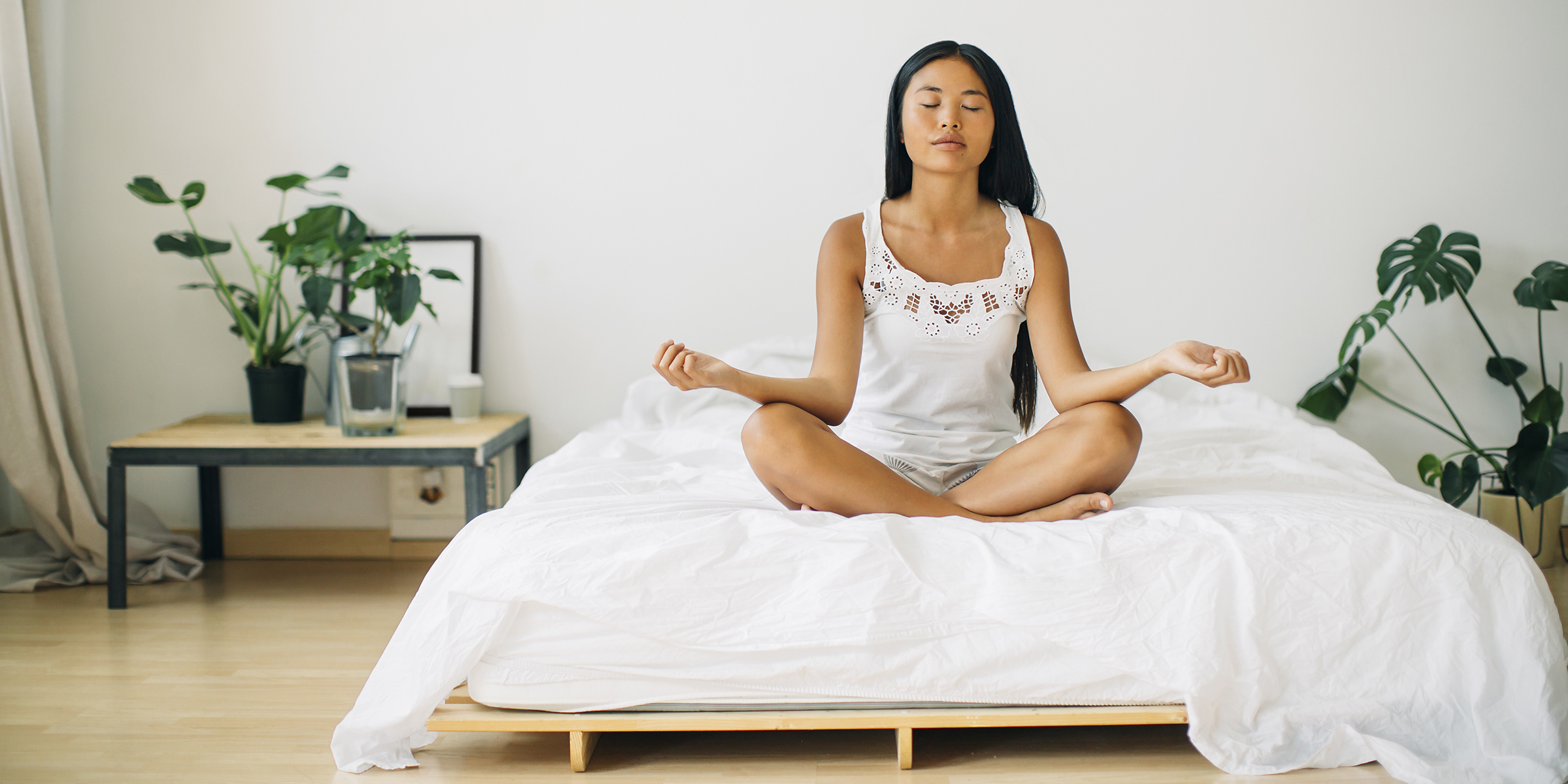Do you ever find yourself hitting the snooze button on your alarm clock, dreading the thought of getting up for your morning workout? Or perhaps you’ve started a new diet plan, only to find yourself reaching for unhealthy snacks late at night when you can’t seem to fall asleep. It turns out that the key to sticking with your physical activity and diet plans might just be getting a good night’s sleep.

A recent study has shed light on the powerful connection between sleep and healthy habits, revealing that a solid night of shut-eye can make all the difference when it comes to achieving your health and fitness goals. So, let’s dive in and explore the fascinating ways in which good sleep can help you stay on track with your physical activity and diet plans.
Table of Contents
“The Link Between Quality Sleep and workout “
According to preliminary research, those who reported having slept regularly and soundly when attempting to lose weight were more likely to stick to their exercise and diet plans. In 2024, this study was presented at the Epidemiology, Prevention, Lifestyle, and Cardiometabolic Health Scientific Meetings of the American Heart Association. According to an associate professor of psychology at the University of Pittsburgh, Christopher E. Kline, “Focusing on achieving wonderful rest may be an essential habit that helps people continue with their physical activity and food change targets.”

Better sleep health was linked to higher rates of attendance at group interval sessions, adherence to calorie intake goals, and an increase in the amount of time spent engaging in moderate-intensity physical activity, according to the study, which looked at 125 adults (average age of 50 years, 91% female, and 81% white) over the course of a year.
Participants’ average sleep health score at the start of the study, six months into it, and a year afterward was 4.5 out of 6. The sample was not chosen for the study based on the characteristics of the participant’s health, and there was no intervention to help them get better rest. As a result, it is uncertain if these findings apply to populations with more diversity. While there was a correlation between higher physical activity levels and improved sleep health ratings, it was not statistically significant enough to rule out chance as the cause of the results. Future studies should examine if improving a person’s slumber quality might promote adherence to lifestyle changes and enhance weight reduction.
Another concern is whether doctors should advise patients to improve their sleep while changing their food and exercise levels or to try to lose weight first and then focus on improving their sleep.

How to Get More Sleep and Promote a Healthy Lifestyle
Sleeping for enough hours each night is essential for maintaining a healthy lifestyle. The physical, behavioral, cognitive, and productive effects of sleep deprivation can be detrimental. Using measures that can increase the quantity and quality of slumber is crucial. Here are several tactics shown to be effective through study.
- Maintain a regular slumber schedule: Consistently going to bed and getting up at the same times each day improves greater rest quality by regulating the body’s internal clock. According to research in the journal Medicine, those who followed a regular schedule got better resting than those who didn’t.
- Keep the bedroom cold, dark, and quiet to promote restfulness. Avoid using electronic devices shortly before bed since the blue light they emit may prevent the production of melatonin. According to research in the Journal of Clinical Medicine, those who stopped using electronics in their beds reported higher-quality slumber.
- Practice relaxation methods: Methods like progressive muscle relaxation, deep breathing, and meditation can help lower stress and increase relaxation, which can improve the quality of your snooze. According to research in the journal Medicine Reviews, relaxing techniques can help those with insomnia get better quality rest.













